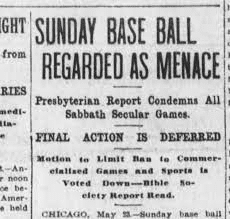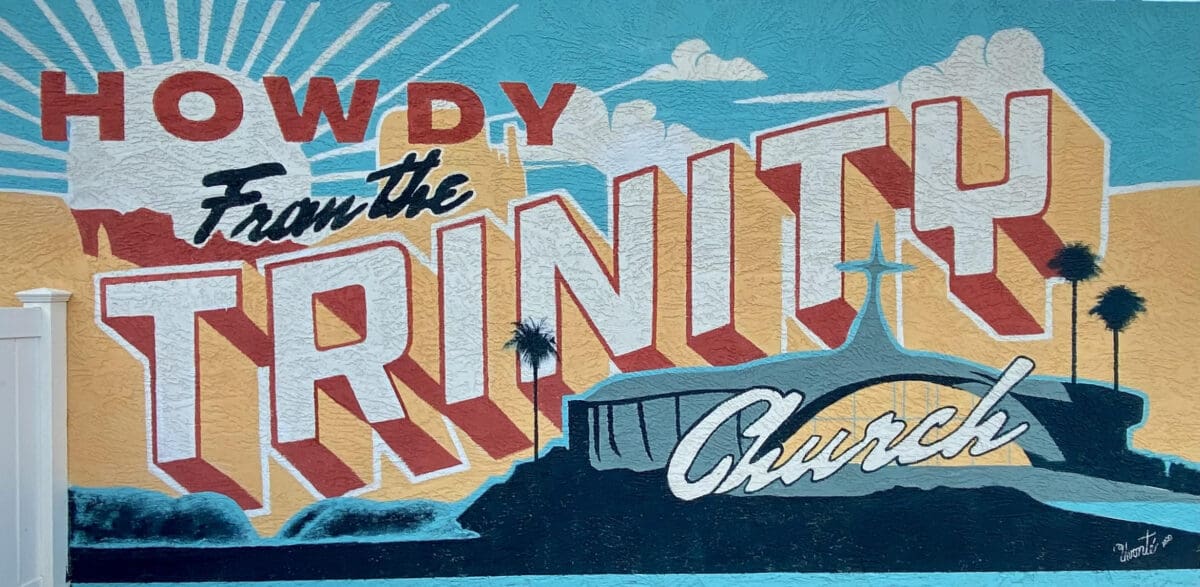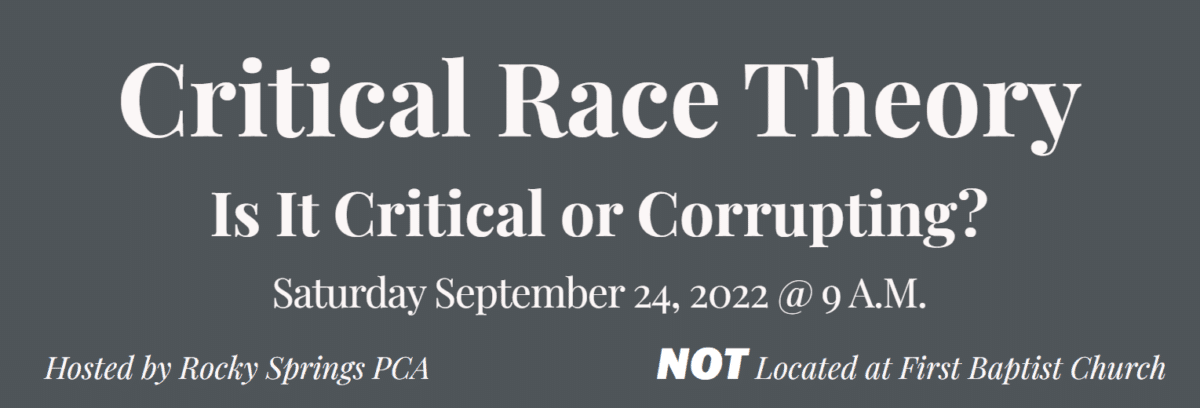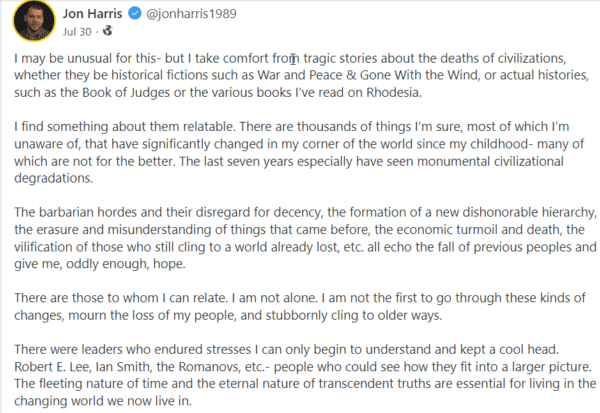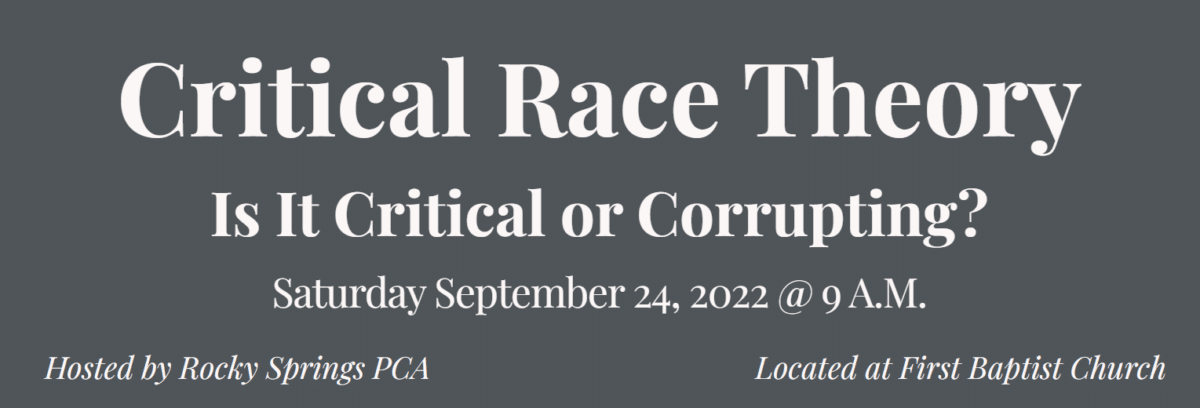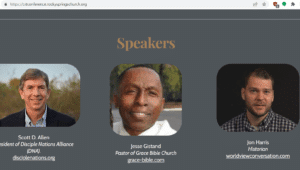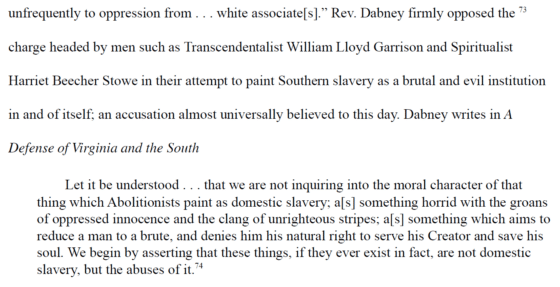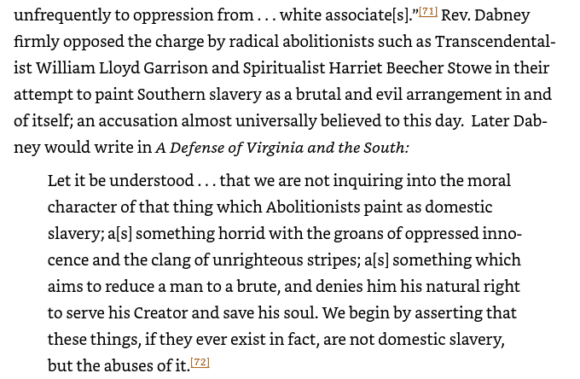In defense of the rising National Conservative movement (which appears to be adjacent to Christian nationalism), Daily Wire reporter and Claremont fellow Meg Basham wrote this:
Nor is anyone talking about merging the cross with the flag. What they are talking about is using biblical morality as reference point for public policy. This idea was foundational to the formation of our constitutional republic. & it was not controversial to anyone for 200 years
— Megan Basham (@megbasham) September 26, 2022
Oh where to begin.
Ms. Basham says biblical morality was foundational for our constitutional republic and this fact was not controversial for 200 years. I have numerous posts on this blog contesting the notion that America’s Constitution was founded on the Bible or Christianity in a deliberate manner. This assumption is the bitter fruit of David Barton’s work.
However, let’s consider this: during the founding era, there were people who believed God had a providential hand in bringing the nation together. That is a different proposition than the Christian nationalist project. I believe with Madison that “a finger of that Almighty hand” of God providentially brought about a system which protects freedom of conscience but does not privilege one religion over another. Furthermore, I don’t believe the Constitution requires biblical morality to be a reference point for public policy. If that was true, the Constitution would have said so.
During the founding era, there were also those who believed God was left out of the process. For instance, Timothy Dwight was a prominent Congregationalist minister and the president of Yale from 1795 to 1817. In a July 23 1812 sermon to Yale students and faculty, Dwight had strong words about those who wrote the Constitution.
The second of these reasons is, the sinful character of our nation. Notwithstanding the prevalence of Religion, which I have described, the irreligion, and the wickedness, of our land are such, as to furnish a most painful and melancholy prospect to a serious mind. We formed our Constitution without any acknowledgment of God; without any recognition of his mercies to us, as a people, of his government, or even of his existence.
The Convention, by which it was formed, never asked, even once, his direction, or his blessing upon their labours. Thus we commenced our national existence under the present system, without God. I wish I could say, that a disposition to render him the reverence, due to his great Name, and the gratitude, demanded by his innumerable mercies, had been more public, visible, uniform, and fervent.
Timothy Dwight wanted more influence of biblical morality on the new government, but he didn’t see it. To him in 1812, contra Basham, the relationship between Christianity and public policy was quite controversial and not to his liking. In fact, as Dwight lamented, the formation of the Constitution was much more secular than religious. For instance, the old statesman, Ben Franklin, attempted to use prayer as a tool to bring some harmony to the contentious convention, but even the cunning Franklin couldn’t get the delegates to pray.
If we describe Christian nationalism as the belief that public policy should be influenced by biblical morality (that is to say, the teachings of the Bible about what we should and should not do), then there have always been Christian nationalists like Timothy Dwight. But there have also always been those (like Thomas Jefferson and James Madison) who don’t believe public policy should be influenced solely or inevitably by a specific version of biblical teaching. This is what I really want to address in this post.
Can We Play Baseball on Sunday?
There are some practical questions I want Christian nationalists like Basham to answer. She says there has been no controversy for 200 years about using biblical morality as a foundation for public policy. I beg to differ. Immediately, I thought of the Cincinnati Bible Wars which eventually led to the removal of Bible reading from Cincinnati schools in 1872. Then I thought of something more recent: Sunday baseball.
Christians who view Sunday as a day of rest are probably in the minority these days, but once upon a time, their biblical morality was foundational for laws restricting numerous activities on Sunday we now take for granted. One such activity was professional baseball on Sunday. Cincinnati, St. Louis, and Chicago started the trend toward legalization of Sunday games in 1902. But what I want to focus on is my home state of Pennsylvania. In 1927, the PA Supreme Court ruled that a game played in 1926 on Sunday by the Philadelphia Athletics and Chicago White Sox was illegal. The June 27, 1927 Philadephia Evening Bulletin proclaimed:
The Pennsylvania Supreme Court today outlawed and banned professional Sunday baseball in this city.The State’s highest tribunal fully sustained the Dauphin County Court, which previously had declared Sunday baseball “a worldly employment,” in violation of the Sunday law of 1794.
The judges specifically appealed to the Christian character of the state of Pennsylvania as a foundation of their decision.
“Christianity is part of the common law of Pennsylvania (Updograph v. Comth., 11 S. & R. 393 and its people are Christian people. Sunday is the holy day among Christians. No one we think would contend that professional baseball partake in any way of the nature of holiness and when contrasted with things which do, it is bound to be categorized as worldly.
The court concluded that professional baseball on Sunday was a worldly activity in violation of the 1794 statute against such activities on Sunday. The court made it clear that the statute had a religious foundation.
“The statue says ‘If any person shall do or perform any worldly employment or business whatsoever on the Lord’s Day, commonly called Sunday, works of necessity and charity only excepted… and be convicted thereof, every such person, so offending shall, for every such offense, forfeit and pay four dollars, to be levied by distress; or in case he shall refuse or neglect to pay the said sum… he or she shall suffer six days imprisonment in the house of correction of the proper country.
“The word ‘worldly’ as here used means ‘concerned with the enjoyments of this present existence secular’ ‘not religious, spiritual or holy.’ Chief Justice Lowrie, speaking for the court in Comth, v. Nesbit, 34 Pa. 398, 409, said ‘Very evidently, worldly is contrasted with religious, and the worldly employments are prohibited for the sake of the religious ones.’
“We cannot imagine in this sense anything more worldly or unreligious in the way of employment than the playing of professional baseball as it is played today. It is not only worldly employment, which is forbidden, but business. There are businesses which are not trade or commerce: Hooper v. California, 155 U.S. 648.
So Christian nationalists and national conservatives, will we have Sunday baseball under your holy regime? Does your biblical morality include Sunday Sabbath? At one time, there was a Christian consensus that worldly activity on Sunday was grievous sin. What happened? What changed? Will you bring Blue Laws back?
Financial pressure brought by the Great Depression eventually brought legislative changes which allowed local communities to decide by vote to have or reject Sunday baseball. In 1934, Philadelphia voted to bring Sunday games to the city.
Some readers may think this is silly. While it may be a light topic, I think it illustrates that historically (200 years plus), Americans have not agreed about how to use biblical morality as a foundation for public policy. It is easy to say biblical morality should be the foundation of public policy in a tweet or a think piece, but it has never been easy to sort out in practice when there are hundreds of different views of what biblical teaching should be. Platitudes are easy, governing and cooperating is much harder in a society with people who disagree with you.
So Christian national conservatives, what do say? Sunday baseball? Other blue laws? Bible reading in schools? Prohibition again? Stoning adulterers?
What does your Christian new world look like?
